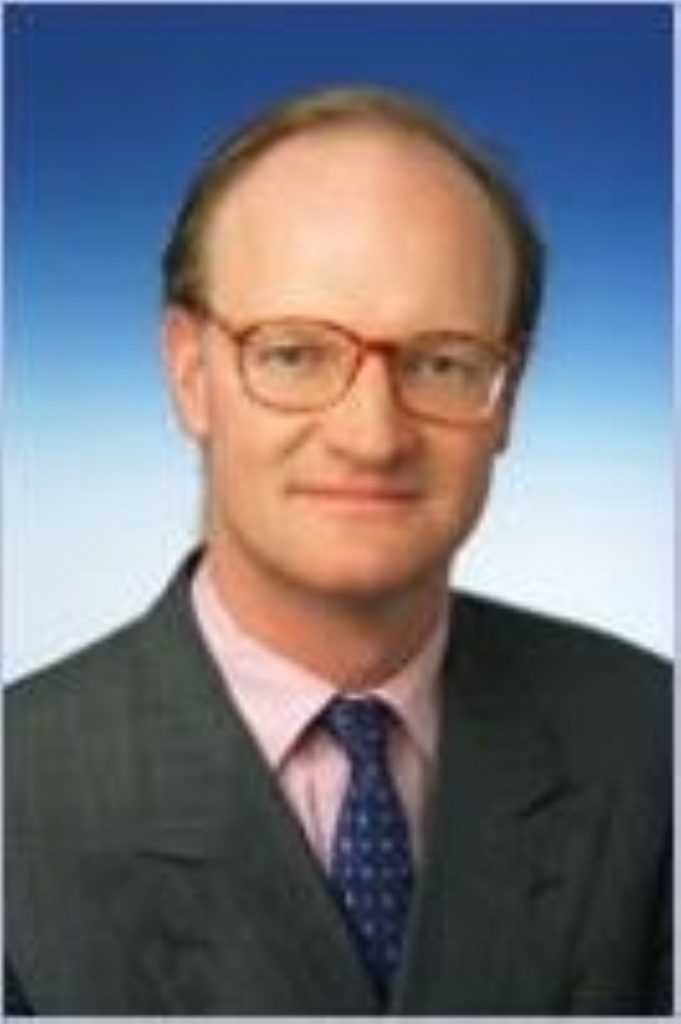Tory grassroots back junk food ad ban
A slim majority of Conservative delegates in Bournemouth today voted to back a ban on marketing to children, during the party’s first interactive conference debate.
The television-style discussion, hosted by TV doctor David Ball, is a key part of David Cameron’s efforts to jazz up the annual event and focus on ‘softer’ political issues such as work-life balance and childcare.
Education reform and the NHS funding crisis were swept aside during the party’s debate on public services this morning to consider the “hot topic” of the marketing of junk food and expensive toys to children.
Shadow education secretary David Willetts justified the decision by warning that “while we’ve been trying to change our schools, it’s the school children who are changing”.


He said behind the concerns about school reform there was “a deep concern about the well-being of children today” that the Tories had to address.
“People are talking a lot this week about what the Conservative party stands for – David Cameron answered that loud and clear yesterday, we stand for social responsibility,” Mr Willetts said.
“This morning we are focusing on perhaps the most important form of social responsibility of the lot – the responsibility we all have to the next generation to ensure they have even better opportunities and an even better start in life.”
The debate on marketing focused around two a-political panellists – Nick Stace, director of campaigns from consumer group Which?, who argued in favour of a ban, and Janet Daley of the Daily Telegraph, who rejected the idea.
Mr Stace argued that with rising obesity levels in Britain, it was crucial to limit the marketing of junk food to children. Moreover, he cited a YouGov poll showing that most Conservative voters would back a ban.
The survey commissioned by Which? reveals that 76 per cent of people who voted Tory at the last election favoured a ban, and 82 per cent of those who might vote Tory in the future were also in support. This rose to 84 per cent among women.
“The British people know the issues that are important – you need to demonstrate that you understand them too. People in Britain, parents and grandparents are furious with food companies marketing to their children,” Mr Stace told delegates.
Fifty-two per cent of delegates backed his call, but 48 per cent voted against, supporting Ms Daley’s argument that “you can’t make a law against everything of which you disapprove, or even everything that is unethical”.
She said: “However much we wish to protect our children, we can never construct a world that will be without dangerous influences. One of the responsibilities of parenthood is not to rid the world of temptations and dangers but equip children with the self-control to resist them.”
Mr Willetts backed this idea of parental responsibility and argued parents should be given proper support to help them bring up their children – not laws to tell them what they do, as Tony Blair was preparing with his anti-social behaviour agenda.
Shaun Bailey, a youth community worker from London and a director of charity My Generation, also stressed the need for greater parenting skills, saying the only way to deal with gang culture was to strengthen families.
“Children need to be given firm boundaries, they want that.We as adults must take the ground now, and have a national debate on what is an acceptable level of parenting,” he said.












